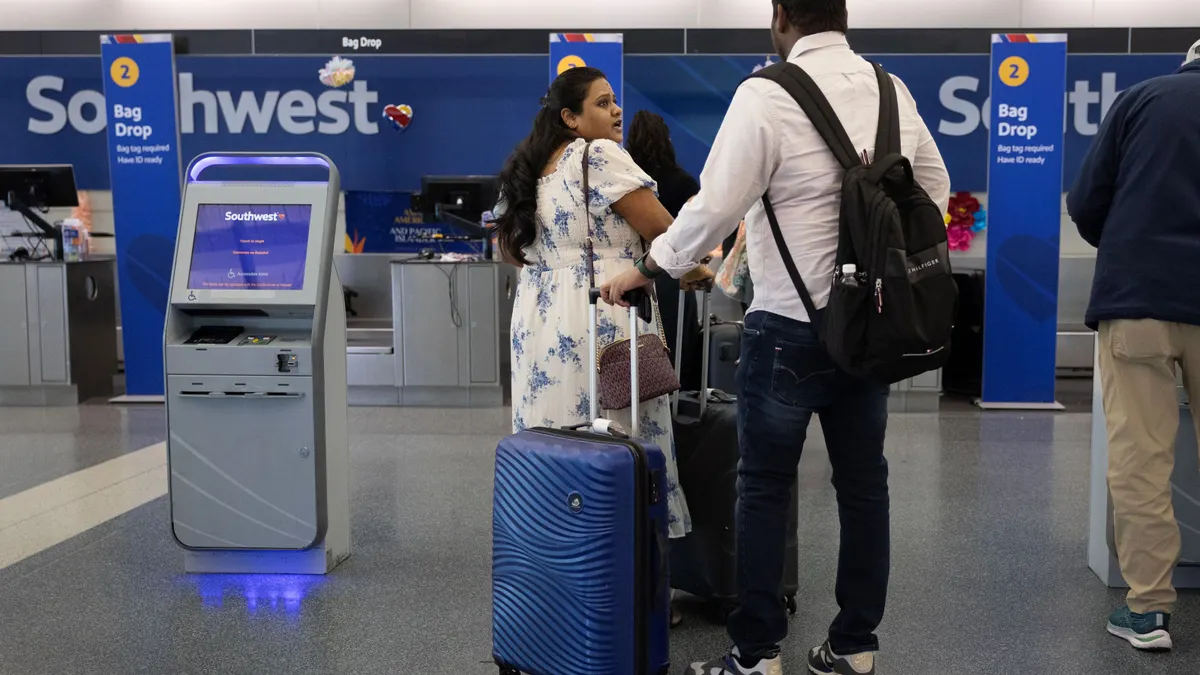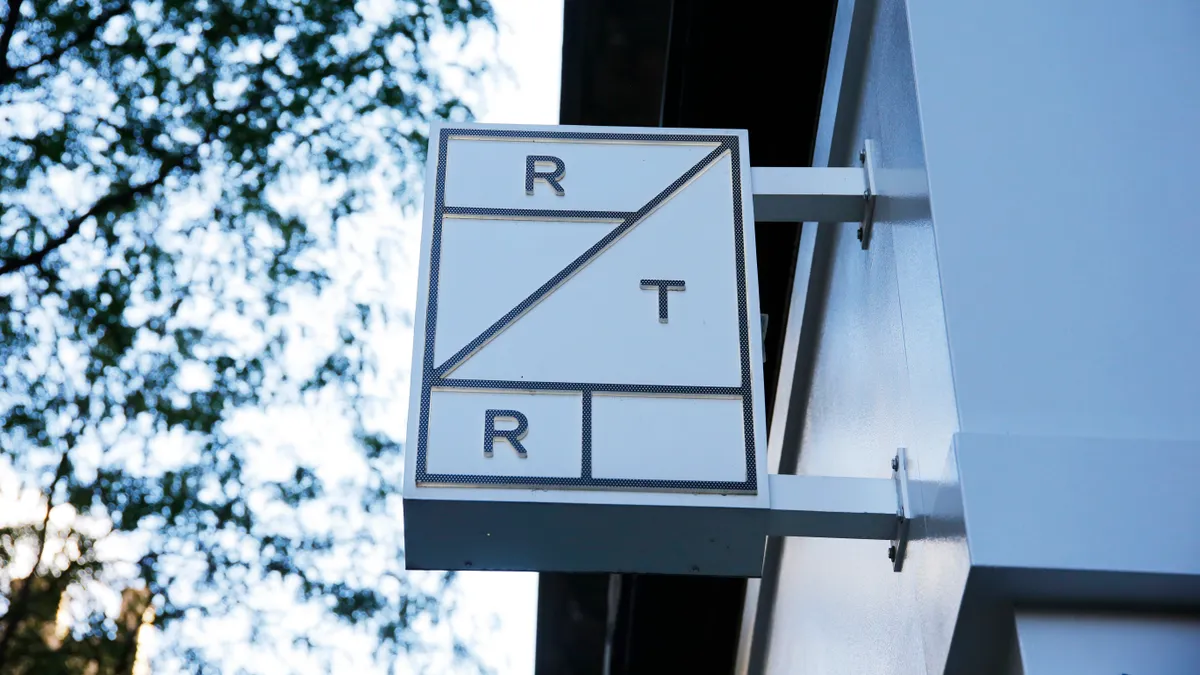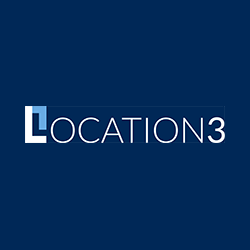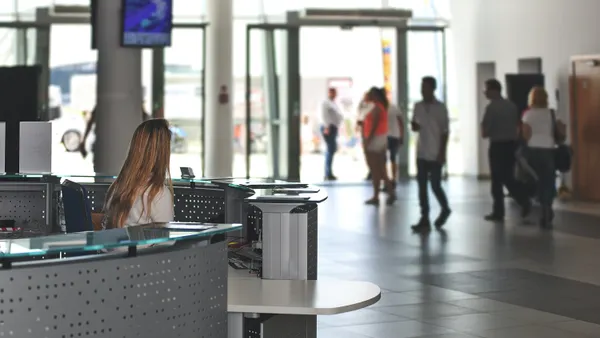Southwest Airlines brought massive changes to its customer experience in the spring with the goal of increasing revenue, acquiring new customers and keeping returning customers loyal.
In March, the airline said it would eliminate its bags-fly-free policy for most customers and changed how customers could earn points in its loyalty program. In late May, Southwest launched basic economy fares and checked bag fees. Those changes are on top of its plans to shift from open seating to assigned seats in January 2026.
But the changes have yet to produce the desired financial results.
On a Q2 2025 earnings call last week, COO Andrew Watterson said the airline “did not see a measurable customer impact in the period between the announcement of these changes back in March and the implementation in late May,” Watterson said.
He acknowledged “a temporary decline in bookings, primarily in basic economy” in the days following the roll out of basic economy on May 28, but said the team has addressed roadblocks. “There has been an ongoing effort to optimize the product descriptions and the basic economy booking flow, which initially included barriers to booking basic economy that resulted in reductions in overall website conversion.”
Passenger revenue decreased 1.3% year over year to $6.6 billion, while total operating revenue decreased 1.5% to $7.2 billion, according to a Q2 2025 earnings statement released last week. Revenue per available seat mile decreased 3.1%, even though capacity increased 1.6%.
While Southwest executives suggested financial gains would be more apparent in the near future, some experts say the timing of its initiatives could not be worse.
“What’s notable is the fact basic economy ticket sales tanked after they made changes in May, and are just now rebounding,” Katy Nastro, travel expert at Going, said. “The next half of the year will give us a better gauge into how all of these changes have played out, but so far, their timing could not have been worse amid a soft market.”
The changes coincided with economic uncertainty caused by changing tariff policies, and the airline, like others, pulled its guidance in April.
“Southwest routes are majority domestic, which means they were likely to feel the biggest sting,” Nastro said.
Watterson also acknowledged that Rapid Rewards “hasn't been doing as well as we'd like in recent times.” The airline had changed how many points customers could earn for Wanna Get Away and Wanna Get Away Plus fares and introduced variable redemption rates.
Airline executives said the introduction of bag fees has been successful thus far, however.
“The revenue contribution from bag fees has exceeded our expectations so far, and we've experienced no negative impact to the operation,” CEO Bob Jordan said.
Tom Doxey, EVP and CFO at Southwest, estimates bag fees will result in more than $350 million of earnings before interest and taxes for the full year 2025.
But Nastro questions whether that can make up for the weak performance of revenue per available seat mile.
“One month of selling a ‘basic economy’ product they saw their revenue per available seat mile decline by .5 percentage point, and that’s with charging for bags,” Nastro said. “While they say bag fees are looking healthy, with softer demand, they’ve likely had to discount base fares which means they aren’t making pure profit from bag fees.”
During the earnings call, Jordan stressed that these changes are just the beginning.
“Our initiatives will continue to roll up and to ramp, and we expect them to deliver a more meaningful contribution in the fourth quarter of this year and a much greater contribution in 2026 once we begin operating assigned and premium seating along with this year's enhancements,” Jordan said.













